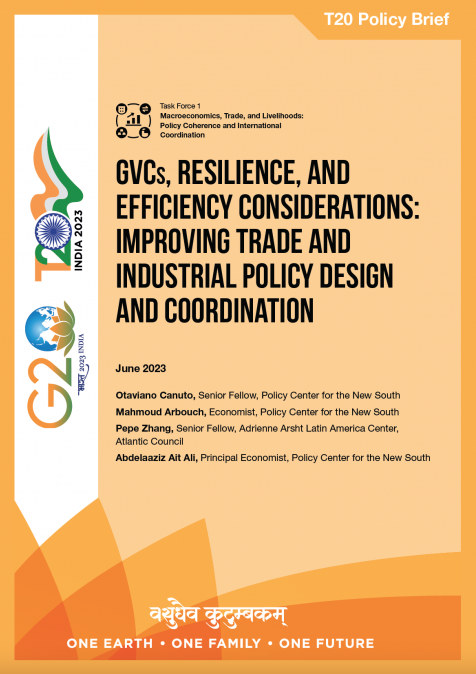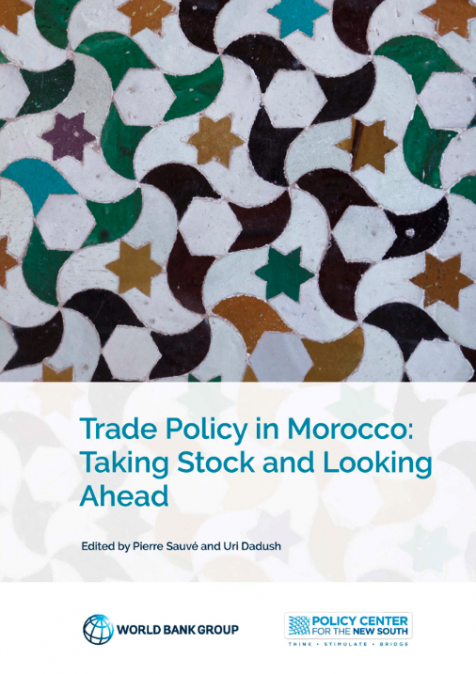Podcasts
China's Silk Road Initiative
This podcast is performed by Virginia Marantidou. This briefing will focus on China’s new investment strategy in Eurasia, which consists of two components, the Silk Road Economic Belt and the 21st Century Maritime Silk Road, also known in Chinese parlance as the “One Belt, one Road” (OBOR). In 2013, Chinese president Xi Jinping articulated a grand strategic vision of strengthening interconnectivity and boosting trade across Eurasia through physical infrastructure, specifically by building roads, ports, railways, and highways. According to Chinese plans and maps the Silk Road Economic Belt will cover the geographic region from China’s western provinces all the way through Central Asia, ending in Central and Eastern Europe, while its maritime twin, starts from the Chinese eastern coastal areas, traverses the South China Sea and the Indian Ocean all the way into the Mediterranean with final destination Southern Europe.
Following this announcement the Chinese government put forward schemes of materializing these mega- projects and established the Asian Infrastructure Investment bank (AIIB) and the Silk Road Fund in an effort to channel funds towards these projects.
However, what is the significance of these projects, why should they concern us and why so much attention in the U.S., Europe, and around the world has been recently focused on this issue?
Although this is not an entirely new strategy but mostly the evolution of China’s “going out” strategy of the early 2000s, it does reveal a transformation in China’s foreign policy which inevitably will have a wider impact not only on Eurasia but on a global scale. The presentation will address these key issues of China’s more active economic policy abroad and its strategic implications.










